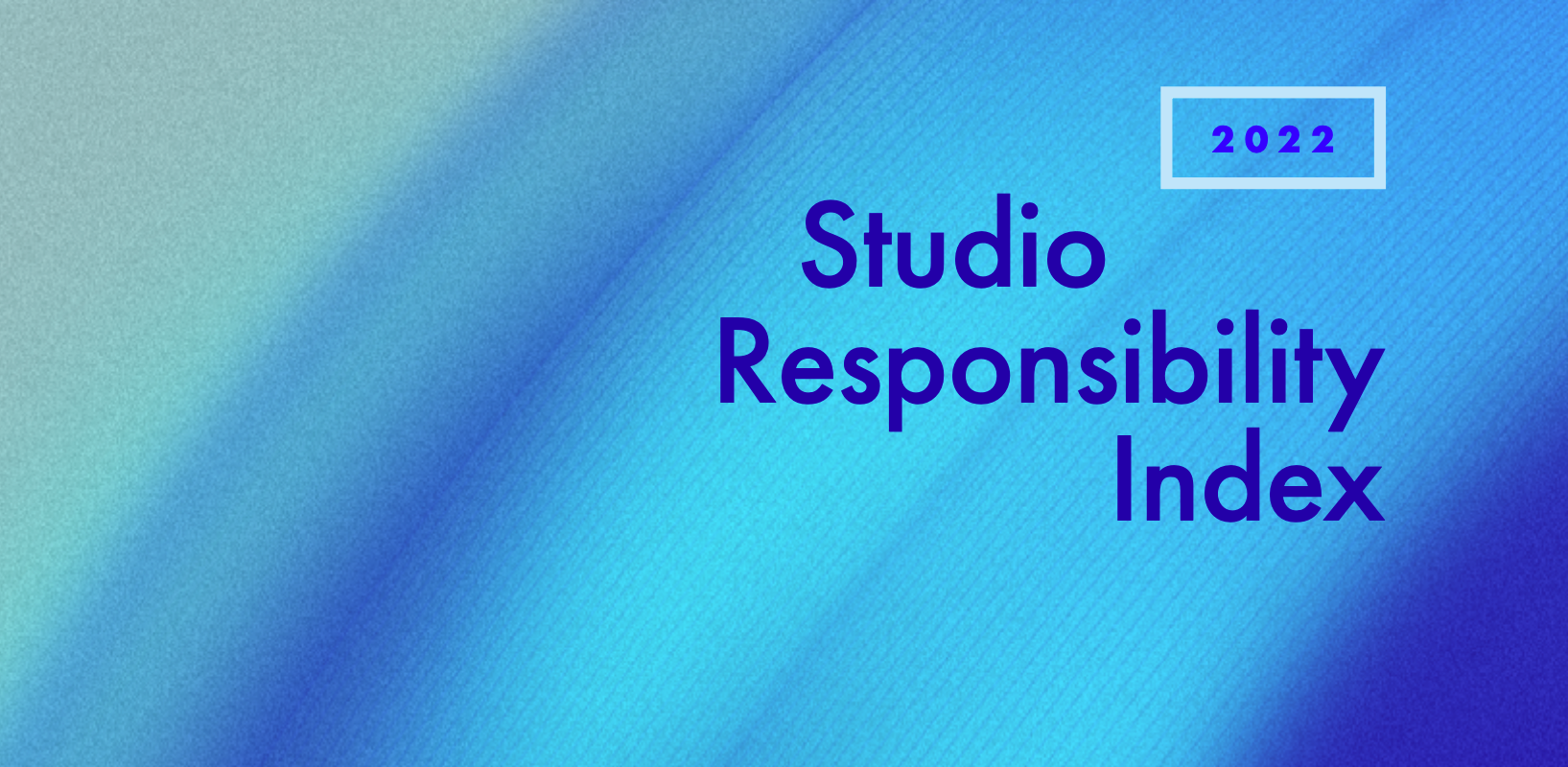In this report, GLAAD centers its analysis on U.S. theatrically released films from the seven film studio distributors that had the highest theatrical grosses from films released in the 2021 calendar year (January 1 – December 31) as reported by the box office database Box Office Mojo. Those seven studio distributors are:
- Lionsgate
- Paramount Pictures
- Sony Pictures
- United Artists Releasing
- Universal Pictures
- The Walt Disney Studios
- Warner Bros.
This report examines films that were distributed theatrically during the 2021 calendar year (January 1 – December 31) in the United States under the official studio banners and imprints as reported by Box Office Mojo, the studios, and other relevant entertainment reporting sources. GLAAD did not include any theatrical re-releases or special events such as filmed live events in this count. Films distributed by these studios’ “art house” divisions were analyzed separately and are not part of the parent studio’s final assessment. The total number of films released by major studios that met our criteria is 77.
GLAAD separately analyzed the films released under four smaller studio imprints, often referred to as “art house” divisions. This was done to compare the quantity and quality of LGBTQ representations in these studios’ releases directly to parent companies. These specialty films are typically distributed and marketed to a much smaller audience than that of their major studio counterparts. These distinctions were defined by the reporting of Box Office Mojo and other relevant entertainment industry databases. The total number of films that met our criteria is 36.
These “art house” divisions include:
- Focus Features
- Roadside Attractions
- Searchlight Pictures
- Sony Pictures Classics
Each film was researched and reviewed for inclusion of lesbian, gay, bisexual, transgender, and queer (LGBTQ) characters. The total number of LGBTQ characters was recorded for each film, as well as each character’s race/ethnicity, sexual orientation, gender identity, and disability status based on what was presented in the film.
The films were also reviewed for the presence of general LGBTQ content and anti-LGBTQ language or “humor.” Such language must be considered in context, and so was not quantified in this report. Additionally, each film was assigned to one of five genre categories:
- Comedy
- Drama
- Family
- Fantasy/Sci-Fi/Action
- Documentary
The family category included animated and children’s films rated PG and under. The category of fantasy/science fiction/action also included horror films and action films not rooted in reality rated PG-13 and above. In the instance of films that straddled genres, categories were determined based on the predominant genre suggested by both the film and its marketing campaigns.
We recognize that not all audiences will agree with some of the films determined to be LGBTQ-inclusive and vice versa. GLAAD’s methodology is anchored by categorizing characters as LGBTQ based on what is presented on screen as part of the film and/or through wide and commonly held cultural knowledge of a real-life figure.
In this year’s report, GLAAD will include new evaluations of four key areas of action with regards to the studio distributor and their parent company’s (if applicable) support or harm to the LGBTQ community in the preceding calendar year (January 1 – December 31, 2021). These four areas include:
- Donations made by a studio or the studio’s parent company (if applicable), including PACs of those entities, to anti-LGBTQ elected officials, defined as those who sponsor or co-sponsor anti-LGBTQ legislation that harms LGBTQ people, sign into law – or refuse to veto – anti-LGBTQ legislation, vote “yes” on anti-LGBTQ legislation, speak out against the LGBTQ community including the use of anti-LGBTQ slurs, support for anti-LGBTQ legislation, or otherwise giving a platform to anti-LGBTQ rhetoric.
- Public advocacy efforts by a studio or the studio’s parent company (if applicable) around pro-LGBTQ or anti-LGBTQ legislation.
- LGBTQ-inclusive public communications by a studio or the studio’s parent company (if applicable).
- Actions taken by a studio or the studio’s parent company (if applicable) to support LGBTQ-inclusive titles domestically and internationally.
Examples of the actions categorized in these groups include statements by businesses and/or creative leadership on public platforms, ceasing business contracts and/or real estate development in areas proposing and/or passing anti-LGBTQ legislation, donations to LGBTQ organizations and associated events, investing in diversity programs to foster and incubate new LGBTQ talent, marketing LGBTQ-inclusive titles at a comparable level to non-inclusive titles, and supporting LGBTQ characters and stories in international markets including speaking out against anti-LGBTQ alterations or censorship of titles and willingness to withhold release, among other actions considered.
GLAAD used the following sources for looking up political donations: OpenSecrets.org, Accountable for Equality Action, and various state campaign finance databases. GLAAD additionally asked each studio to provide further information about their efforts and used additional reporting from the Human Rights Campaign Foundation’s Corporate Equality Index.
Based on the overall quantity, quality, and diversity of LGBTQ representation in the studio’s slate of films, as well as a studio and parent company’s public actions and communications with regard to the LGBTQ community, a grade will be assigned to each major studio distributor: Excellent, Good, Insufficient, Poor, or Failing.
Please note: Prior to the 2017 report, GLAAD assigned studios scores on a four-point scale of Excellent, Good, Adequate, or Failing. In 2020, due to the unique disruption to theatrical distribution the COVID-19 global pandemic, GLAAD did not issue traditional grades to the studios in last year’s study, but rather, all studios received a rating of “Not Applicable.”













